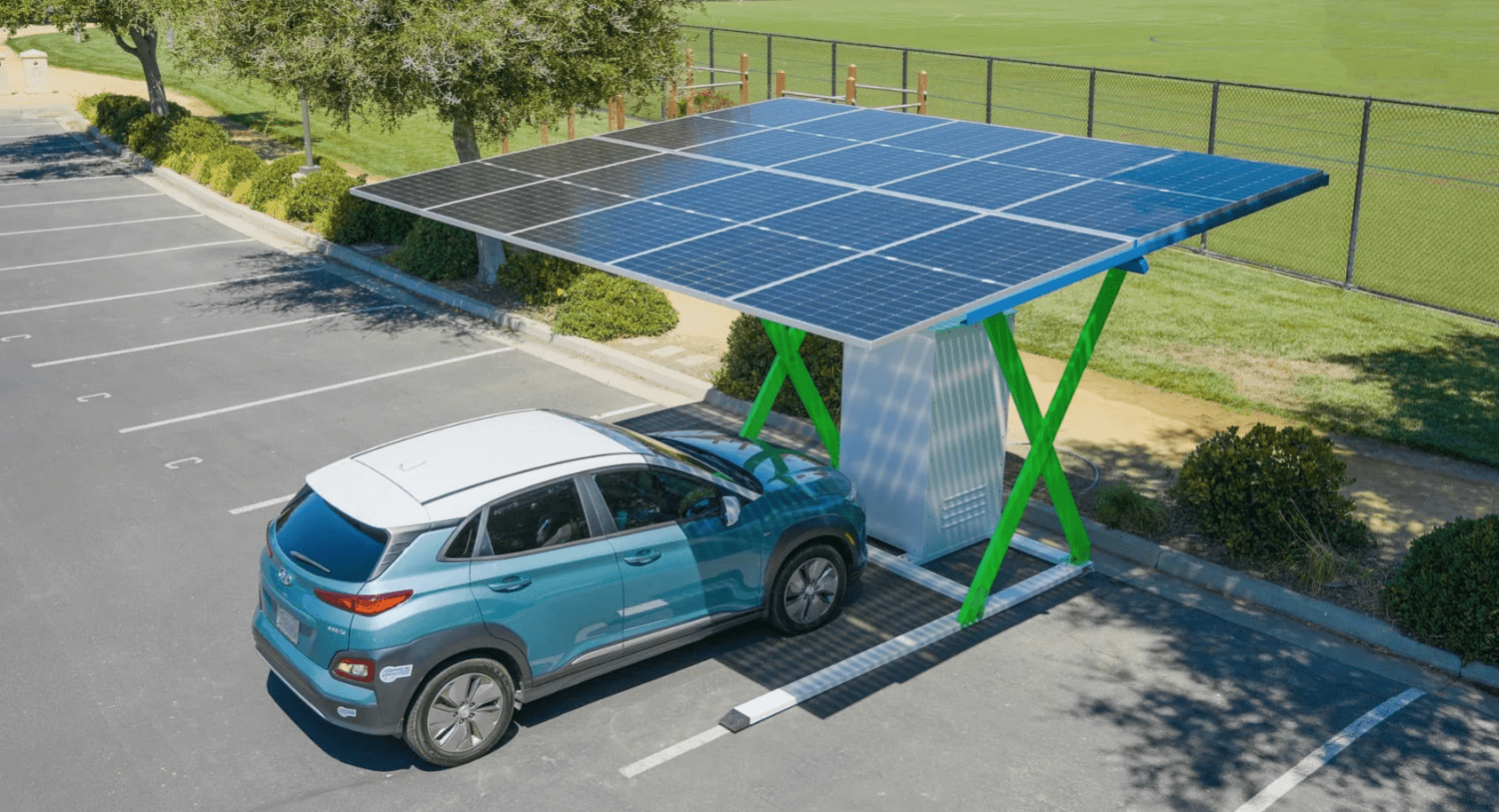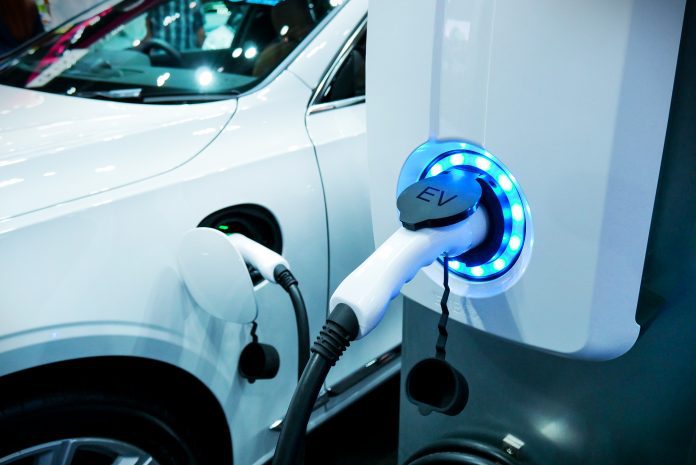The Environmental Protection Agency announced a new proposal offering additional incentives for the auto industry.
In keeping with the Biden administration’s goal of circumventing climate change, the EPA’s new rules would allow EV automakers to qualify for renewable fuel tax credits. These were initially intended to reduce the oil industry’s reliance on fossil fuels by requiring producers to use or purchase a certain amount of biofuel such as corn-based ethanol or landfill harvested methane. Under the new proposal, the law would now recognize the use of biofuel consumed by EV manufacturers during production in addition to consumers who charge from a renewables based grid, giving these companies access to the credits.
 |
Environmental advocates have often noted that any impact zero-emission vehicles may have on the environment is outweighed by the amount of greenhouse gasses emitted as a result of manufacturing and charging. A recent report by the Department of Energy noted that EV use over the last decade has brought down the U.S.’s emissions by less than 1%. However, the EPA proposal seems to be directed at this concern. Biofuels cause less pollution than oil when burned, and are harvestable from growable resources. Encouraging their use in energy infrastructure and manufacturing would help to overcome this issue.
While the EPA is using an indirect method to encourage EV growth, it adds yet another underscore to the Biden administration’s emphatic support of zero-emission goals. Earlier in the year, the President’s Inflation Reduction Act added tax incentives to automakers producing vehicles in the U.S., prompting several overseas brands to finalize plans to construct factories on American soil. The big players in the auto-market have increasingly announced plans to entirely phase out the internal combustion engine within the next two decades. Many executives have projected substantial return on EV production in the coming years. Biden has increasingly relied on the EPA to influence the market, despite some concerns that the agency’s enforcement power has been decreased following a Supreme Court ruling earlier this year.
Did you enjoy this article? Please share your thoughts, comments, or questions regarding this topic by connecting with us at newsroom@cbtnews.com.
Be sure to follow us on Facebook, LinkedIn, and TikTok to stay up to date.
While you’re here, don’t forget to subscribe to our email newsletter for all the latest auto industry news from CBT News.



